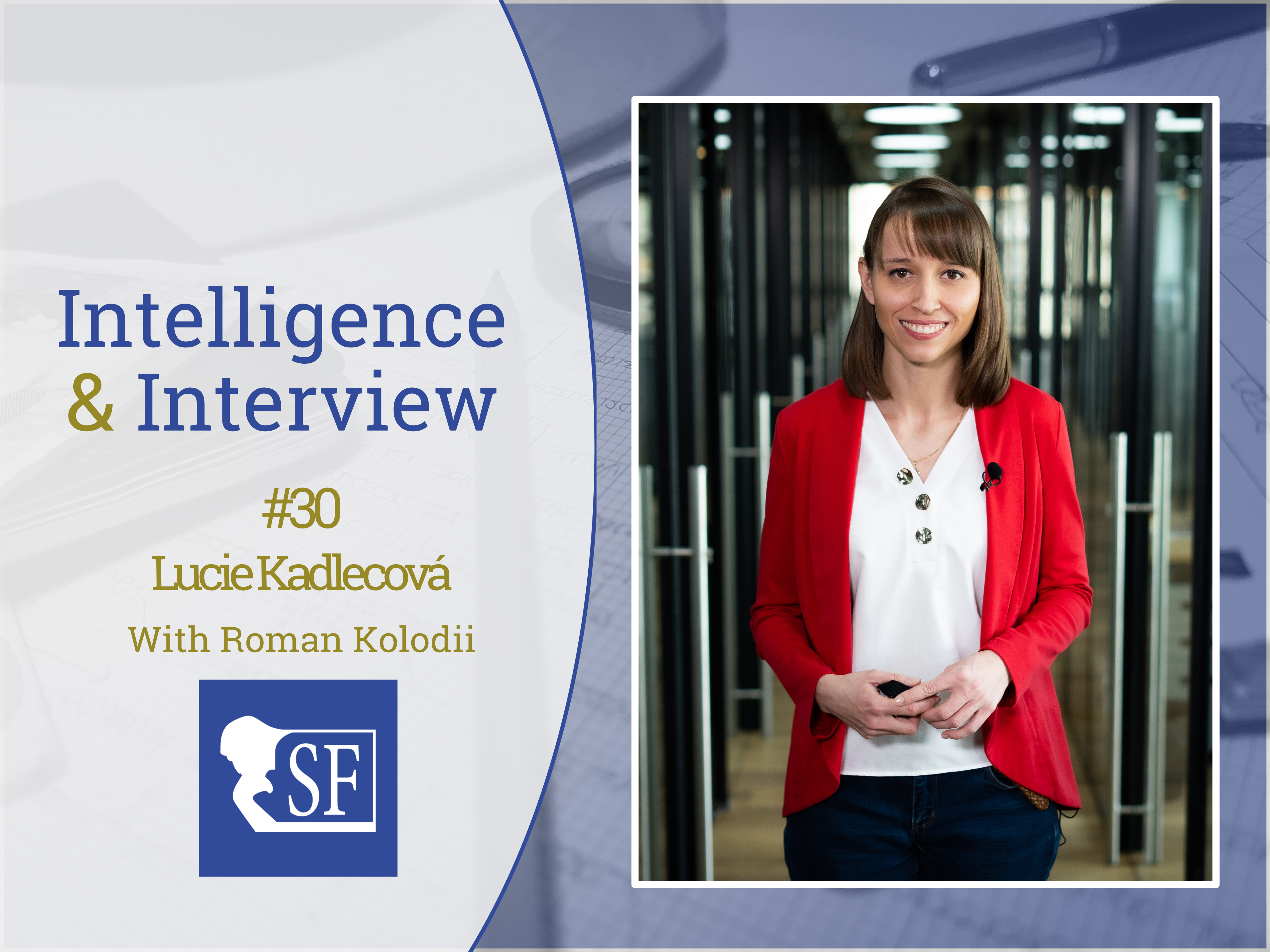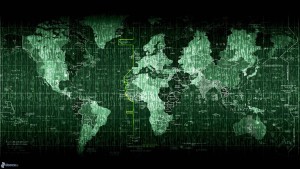
Discover Intelligence & Interview and Subscribe to the Newsletter!
In the modern digital era, the importance of cybersecurity cannot be stressed enough. As recent developments have shown, the security of personal data and trade secrets, the protection of critical information infrastructure, even the integrity of democratic processes as such all depend on the smooth functioning of cybersecurity mechanisms. This especially holds true in the current Covid-19 reality, where increased digital consumption and massive readjustments of ways of life and work through cyber-technologies all multiply the possibilities for major digital assets to be compromised. In popular imagination, however, cybersecurity is still closely connected to the technicalities of the field, the so-called hard cybersecurity, while the soft – i.e. legal, political, socioeconomic, cultural, and ethical – dimensions of it remain yet understudied. To narrow this gap, we have invited to our interview series Lucie Kadlecová, an expert in cybersecurity policy and governance. She is a PhD candidate at Institute of International Studies, Charles University (Czechia) and a senior associate in strategy and threat intelligence for Estonian cybersecurity company CybExer Technologies. Both Czechia and Estonia are well-known hubs of cyber-technological expertise, so Lucie Kadlecová’s experience in academia and industry in both countries can help highlight the key trends in this field from the insider’s perspective. In our interview, we discuss cyber security strategy of the EU, the role of non-state actors and public-private partnerships in cybersecurity governance, the importance of cyber hygiene and gender equality in the field, as well as the prospects for enhanced cooperation between industry and academia in tackling cybersecurity challenges worldwide. On behalf of the Scuola Filosofica Team, our readers, and myself, Roman Kolodii, Lucie: thank you!
#1 Lucie Kadlecová,[1] how would you like to present yourself to the international readers of Scuola Filosofica?
I suppose I could be described as either a professional with an academic background or as an academic with professional experience, depending on the reader’s point of view. By nature, I am more of a professional who likes hands-on experience. That’s why I am deeply grateful for my previous experience working as a trainee for international organizations such as NATO, and helping to build the then-quickly growing Czech National Cyber Security Centre years ago. At the same time, however, I could see a gap between practice and academia in the “soft topics” of cyber security such as international relations and international law in the Czech Republic as well as around Europe. This feeling encouraged me to pursue my PhD, and to start teaching and publishing about these topics in order to contribute to closing this gap. At the same time, academic experience from King’s College London, Charles University in Prague, and Massachusetts Institute of Technology, as well as other interactions in the academic world shaped my way of thinking about cyber security and its “soft” aspects.


